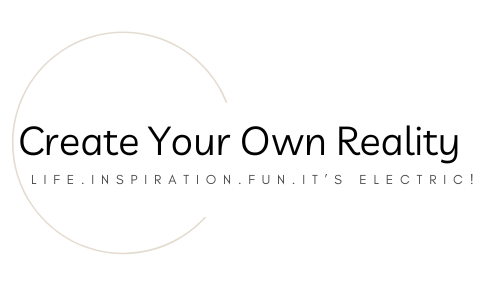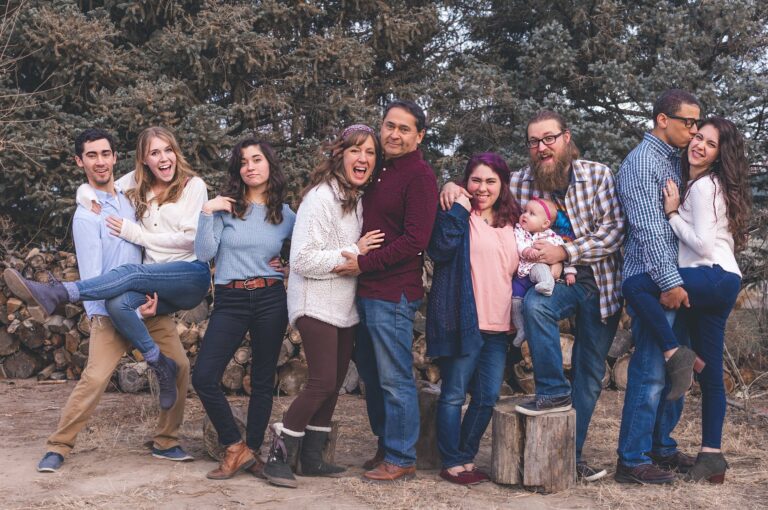Introvert 101: What Does It Mean to Be an Introvert?

We’re coming to understand introverts in a new way.
I have a ton of introvert related plots coming to this blog, but it seemed fitting that the first post be all about the basics of what it means to be an introvert.
This post is designed to cover the basics of what it means to be an introvert.
Let’s dive in!
This page does contain affiliate links, which means if you purchase something using the product links on this page, I may get a small commission. This comes at no extra cost to you and helps keep this site running. Thank you!
What does it mean to be an introvert?
Being an introvert simply means that you get energy from being alone and give or lose energy when you’re around other people.
If you’ve ever felt drained after being at a party or in a crowded place for an extended period of time, it’s very likely you’re an introvert.
Introverts have a rich inner world that we tend to feed when we’re alone.
When we do socialize, introverts also typically prefer small gatherings of close friends as opposed to large groups of acquaintances or strangers. But even still, we need plenty of time alone to recharge.
Extroverts, on the other hand, are the reverse. They get energy from socializing and being around others, and lose energy when they’re alone for too long.
While there are PLENTY of introverts in the world, we are currently outnumbered by extroverts.
This is why it may feel like the world is designed for extroverts to thrive in—because to some extent, it is.
Networking, small talk, group work, and open offices (just to name a few) are pretty common these days, and all are energy sucking situations for introverts.
It’s also why introverts are often told they need to “get out more.” If majority of people are extroverts, they get energy from going out and look forward to it. This has become “normal,” especially in they eyes of extroverts.
But it’s not normal. It’s simply what an extrovert needs.
Introverts have different needs. They need more time alone in order to be their best selves. And there’s nothing wrong or abnormal about that.
What doesn’t it mean?
It doesn’t mean shy
Shyness is being anxious around other people and/or in certain situations. Yes, some introverts can be shy, but that’s it’s own separate adjective and identity.
There are plenty of introverts who are perfectly comfortable around people, they just don’t have the need to seek them out.
And there are plenty of extroverts who can be shy. Just because they get energy from being around people doesn’t mean they’re always comfortable with them.
It doesn’t mean antisocial
Plenty of introverts LOVE to socialize! They just need time to recharge before and after. They also may need to leave the social activity when their batteries drain. Some introverts may need more time to recharge or drain more easily than others.
Of course, introverts can be antisocial at times (or all the time), but like shyness, this is its own separate adjective that’s independent of being an introvert.
It doesn’t mean there’s something “wrong”
A very common misconception among extroverts is that there is something wrong with someone who doesn’t enjoy going out.
That’s not true.
Extroverts genuinely need to socialize to be healthy and balanced, so extroverts (who don’t know much about introverts) assume this is what everyone needs.
If they see someone who doesn’t go out much, they see this as an unhealthy behavior and something that should be discouraged.
But introverts have different needs. We need that down time to be healthy and balanced.
This doesn’t mean it’s good to live in isolation—that’s typically not healthy for anyone, even introverts.
But if you’re someone who would rather stay in on a Friday night and read, or meet friends at a low key cafe instead of going to a club, it to doesn’t mean there’s anything wrong with you.
It just means your needs are different than majority of the population.

But keep in mind, introversion is often thought to be on a scale
This means you can be more outgoing and still need alone time to recharge in between social activities. The more introverted you are, the more quickly your energy will drain and the more down time you will need to recharge.
Just because you like socializing sometimes doesn’t mean you’re not an introvert.
And just because you might like to stay in sometimes doesn’t mean you are one.
Typically, everyone needs a little of both worlds. It really all comes down to where you get your energy from on a regular basis.
How much you identify as an introvert is up to you, but you shouldn’t feel like you’re not a “real” introvert just because you have some extraverted tendencies.
How this understanding can help introverts
Because introverts aren’t as common as extroverts, we’ve often felt a fair amount of pressure to conform to an extroverted way of life.
Extroverted behavior is consistently seen as more normal and acceptable, and therefore more encouraged. But as we just covered, that’s not true.
In fact, regularly forcing ourselves to live an extroverted life can do more harm than good. It puts us in a situation where we are constantly drained and unhappy, because we aren’t respecting our personality and honoring how we function best.
Knowing that you genuinely need more time alone can help you take better care of yourself.
It can help you carve out and protect your down time, which in turn, will help you live a more balanced life.
It will make you a better family member, friend, and worker.
It will help you build a life that feeds you instead of depletes you.
So going forward, don’t be afraid to turn down invitations if you’d rather stay in.
Look for jobs that have behind-the-scenes components, so you can work alone (at least for some of the time).
And don’t let the extroverts in your life make you feel bad. There’s nothing wrong with taking time alone—especially if you’re an introvert. You’re taking care of yourself so you can live your best life.
That’s nothing to feel bad about!
Recommended Reading
If you really want to get into the nitty gritty of what it means to be an introvert, check out Quiet by Susan Cain.
This book totally changed the game for me. If you’re intrigued by what you read in this post, it’s definitely worth the read.
Looking for more in-depth tips on how to build your best, happiest introvert life?
If you want to dig a little deeper into this topic, check out the Introvert Life Guide!
This guide was designed to help you build the introvert life of your dreams.
It will also help you embrace your introverted nature and build a life to help you thrive!

For more introvert life tips, check out the other introvert posts!
Sound off: What does being an introvert mean to you? How has learning the definition helped you better understand yourself and/or others? Tell us about it below!







